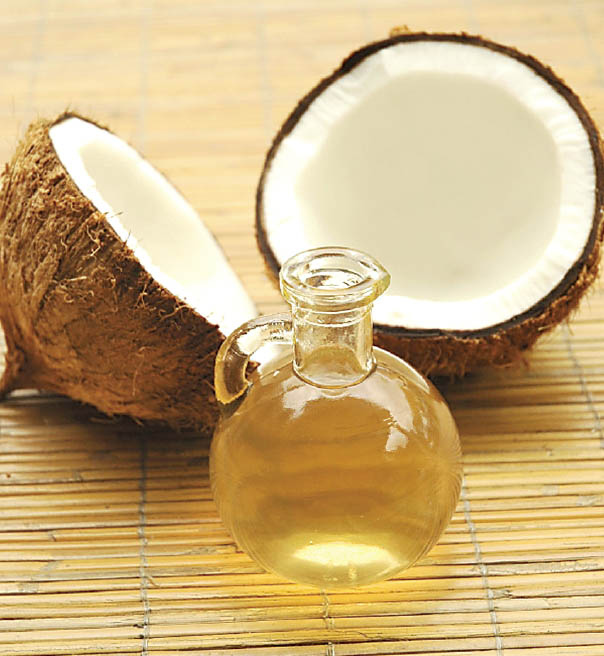
What’s all the fuss about coconut oil?
The world seems to be going crazy over coconuts! Coconut water, oil, butter, yoghurt…you name it and it’s probably on the market. Coconut oil in particular has been trending lately for its health claims to be good for your heart and weight loss. But what if it’s not just a fad that will fade away as quickly as it came into our awareness… could there be some truth behind it all? Here are the facts that you need to know…
What’s all the fuss about coconut oil?
The world seems to be going crazy over coconuts! Coconut water, oil, butter, yoghurt…you name it and it’s probably on the market. Coconut oil in particular has been trending lately for its health claims to be good for your heart and weight loss. But what if it’s not just a fad that will fade away as quickly as it came into our awareness… could there be some truth behind it all? Here are the facts that you need to know…
Still not the best for heart health
Coconut oil has one of the highest saturated fat contents (~85-90%) of any oil- that’s even greater than butter. Saturated fat has been linked with heart disease as although it has been shown to increase the ‘good’ HDL cholesterol levels, it also increases levels of the ‘bad’ LDL cholesterol. Having said that, coconut oil has shown to affect total cholesterol levels to a lesser degree than butter but to a greater extent than other plant oils.
My advice: if you need to use oil for cooking, use plant-based oils such as olive, canola or peanut oil.
Not your typical medium chain fatty acid
Coconut oil may offer some health benefits due to its unique profile of short and medium chain fatty acids (MCFAs). Typically MCFAs are thought to be preferred over long chain fatty acids as they are easier to break down and may have a role in increasing metabolism, thus enhancing weight loss. Contrary to this, studies are suggesting that when in the body, the MCFAs found in coconut oil tends to behave more like a long chain instead of a medium chain fatty acid thereby negating some of the potential health and weight benefits.
Anti-inflammatory or not?
The research is still out regarding whether or not coconut oil is pro- or anti- inflammatory. When looking at Pacific countries where consumption of coconut products (flesh or freshly squeezed) is a staple, population studies showed that rates of lifestyle diseases such as heart disease or diabetes were quite low. Keep in mind that their typical lifestyle also includes a diet rich in fruit, vegetables and seafood with plenty of physical activity. This is where the big question mark is drawn as similar population studies however were not able to be replicated in Sri Lanka, India, Indonesia or Africa.
So, with so much emphasis being put into the benefits of the newest superfood, what should you do? Here are some simple home-truths that you shouldn’t forget:
1. Everything in moderation. I’m not convinced that adding spoonful’s of coconut oil to your daily smoothie is the answer. Having a small amount of coconut oil on occasion, for example a teaspoon of coconut oil when cooking an Asian dish, may offer flavour and some health benefits.
2. Fat is still fat. Good fat or bad fat, having too much will be likely to increase your kilojoule intake and can therefore contribute to weight gain.
3. Think of your hip pocket. The cost of coconut oil is becoming exorbitant while there are other oils on the market, particularly plant-based oils that have been shown to offer much greater health benefits at a more affordable price.
